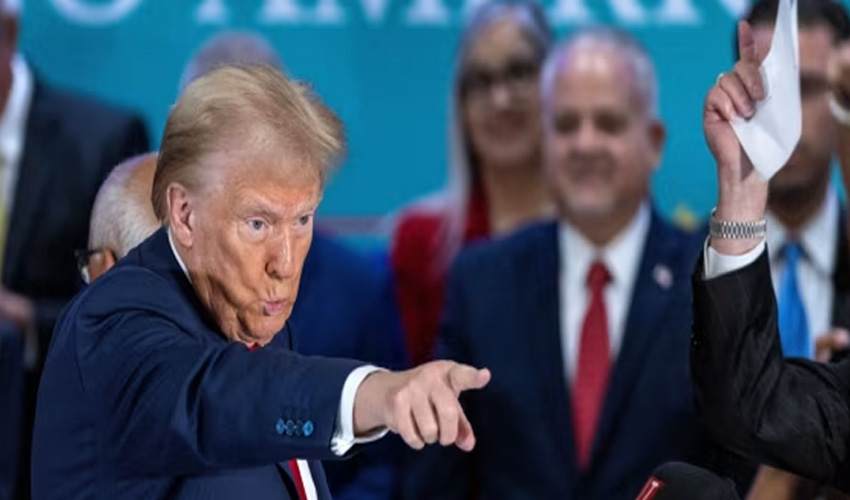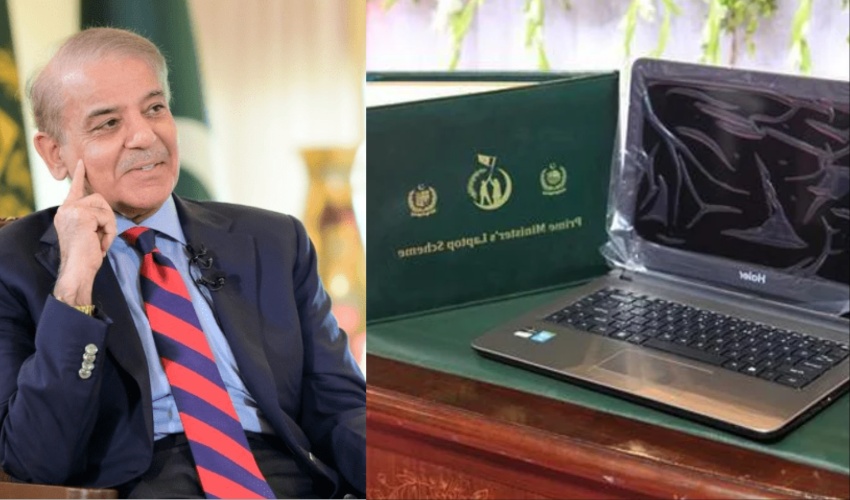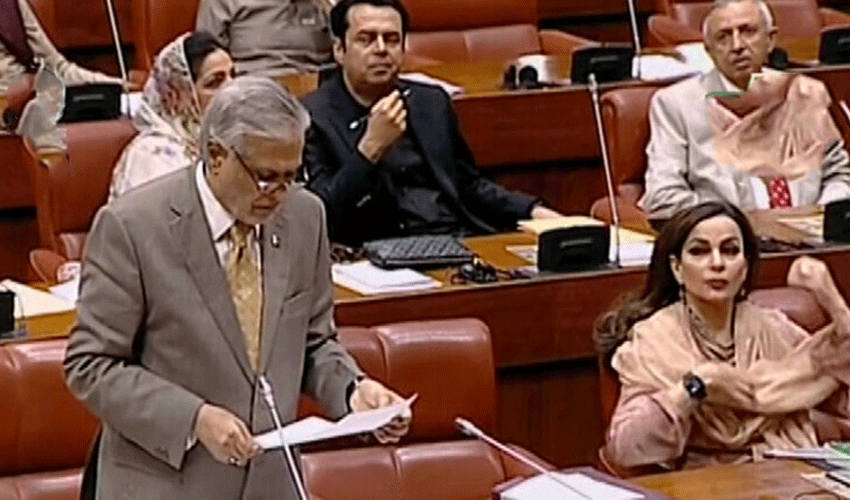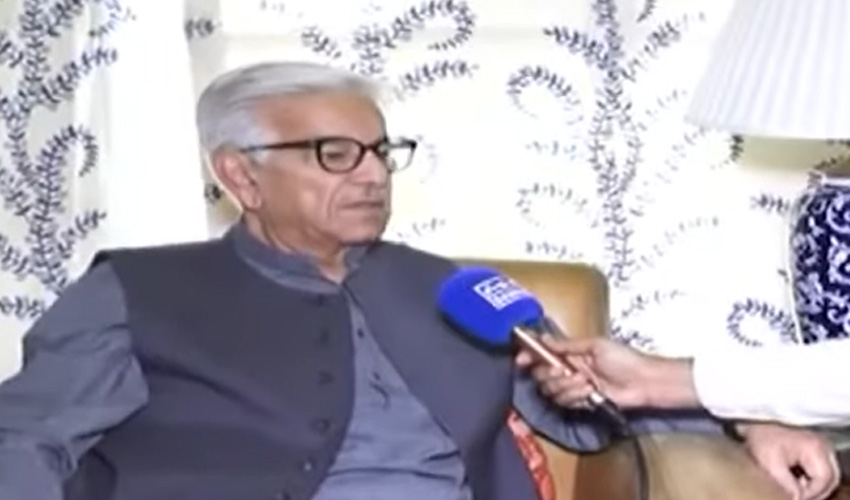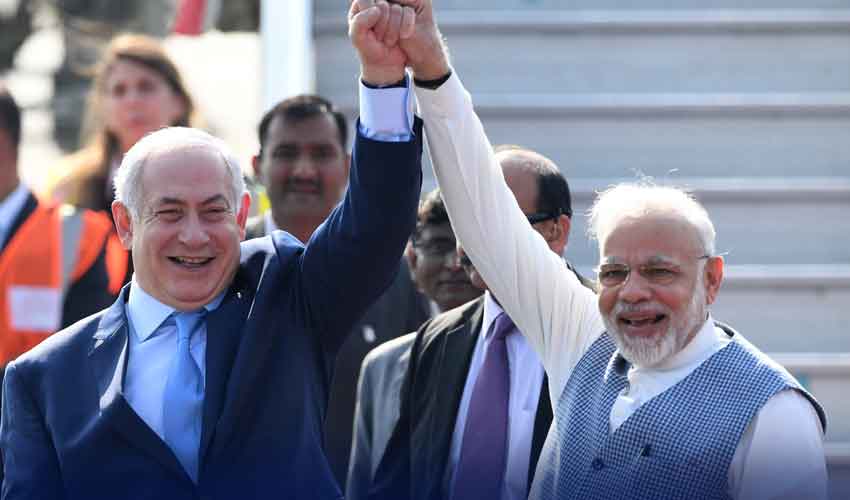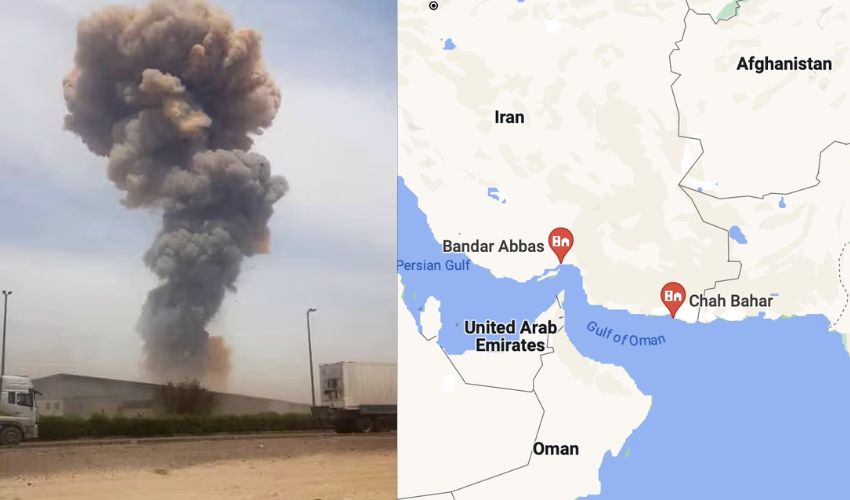As the United States approaches its 2024 presidential election, global finance leaders are growing increasingly worried about the potential return of Donald Trump to the White House. These concerns have surfaced as global concerns at the annual sessions of the International Monetary Fund (IMF) and the World Bank recently, amidst low global growth, heavy debt, and international confrontations. But above all these concerns, the largest undercurrent was the looming possibility of a Trump win and its likely impact on global economic stability.
While it has been significant that a sizeable number of American voters continue to be quite enthusiastic about the prospects of Donald Trump becoming the country's president, his economic policies have thrown caution signs in the eyes of financial experts worldwide. For instance, he is more famous for his "America First" agenda, his promise being that he will impose across-the-board tariffs on imports, some 60% of Chinese goods in particular areas. He also proposes imposing a 10% blanket tariff on all imports-an action that would break all supply chains globally and would probably lead to retaliatory tariffs, deepening international trade relationships further into debt.
German Finance Minister Christian Lindner was the first to sound the alarm at the meetings of the International Monetary Fund and World Bank as to how proposals from Donald Trump on tariffs might escalate a trade war with disastrous effects on both sides. "Only losers in a trade war between the United States and Europe," Lindner warned. He reflects the wide-held sentiment that Donald Trump's protectionist policies can also do more damage than benefit to not only the American economy but to that of other allies.
Debt, deficits, and inflation
In the recent past, the Republican candidate also promised cuts on all taxes that will make the U.S. national debt double to over $7.5 trillion at the end of the succeeding decade. This plan comprises extended personal income tax cuts by Trump and eradication of taxes on tips and overtime pay and Social Security benefits. According to the budgetary experts, this plan will put pressure on a U.S. that already holds significant debt burdens, that interest rates may rise.
Traditionally, the strength of the U.S. dollar helped to stabilize financial conditions in emerging economies; such economies felt the shock acutely. Turkish Finance Minister Mehmet Simsek and Brazilian central bank chief Roberto Campos Neto noted that Trump's fiscal plans are already creating inflationary pressures, as market sentiment is shifting in favor of a Trump-led economy. All of this is further compounded by potentially higher long-term interest rates in the U.S., and may threaten emerging markets with financial instability.
Climate and trade policy shifts
During her four years as Vice President, Democratic candidate Kamala Harris has always pushed for international cooperation on key issues, such as climate change, corporate tax reforms, and debt relief. Harris has criticized Trump's all-encompassing approach to tariffs, saying that in effect, it imposed a consumer tax burden on the American household, amounting to an average cost to the family of around $4,000 more every year. She instead backs a "targeted" tariff approach, upholding some of Biden's select tariffs on steel and aluminium as well as selected imports from China, supporting the development of clean energy as well as multilateral solutions for the climate change issues.
Commenting on probably the influence of Trump would have on the world's economy, IMF Managing Director Kristalina Georgieva chose to keep calm given her mandate: a more economic rather than the political results for the IMF. On the other side, she insisted that actions to service this enormous stack of debt which has surfaced since the outbreak of pandemic would call for prompt steps lest they strangle its growth and sprout uneasiness among economies.
Answers from markets
Markets have already begun responding to the rise of Trump in polls. The "Trump trades" are back as investors begin moving capital into the assets they feel will be friendlier under a Trump administration. That's why the U.S. dollar gained its biggest monthly in more than two years. Analysts at Standard Chartered view this rally partly as on account of the improving prospects for Trump in his election and fuels speculation over a change of direction to his policies on the economy.
Central bank governors and finance ministers at the IMF meeting expressed the concern that if the proposed prospective tariffs by Trump begin to have an impact on international trade, it would have a higher inflationary impact. According to South African Reserve Bank Governor Lesetja Kganyago, "The potential is there for consumer prices worldwide to increase," he added while underlining the threat.
The leaders of the discussion underlined the consistency and predictability of economic policy throughout the forum. This was stressed by Saudi Arabia's Finance Minister Mohammed Al-Jadaan, head of the IMF's steering committee, on the issues of continuity and cooperation for the IMF with any government in the United States, be it this or future administrations. In a word, this opinion was confirmed by Angolan Finance Minister Vera Daves de Sousa, when discussing recent worldwide crises and mentioning the factors of resilience and cooperation at the state levels.
With an election as consequential as this one in which the U.S. heads into the future, the world looks on, with an international community focused on finance leaders emphasizing possible implications of a Trump win at the polls. The economic and financial paths forward are very uncertain, and choices between protectionism or cooperation may determine the future of the world's largest economy.





